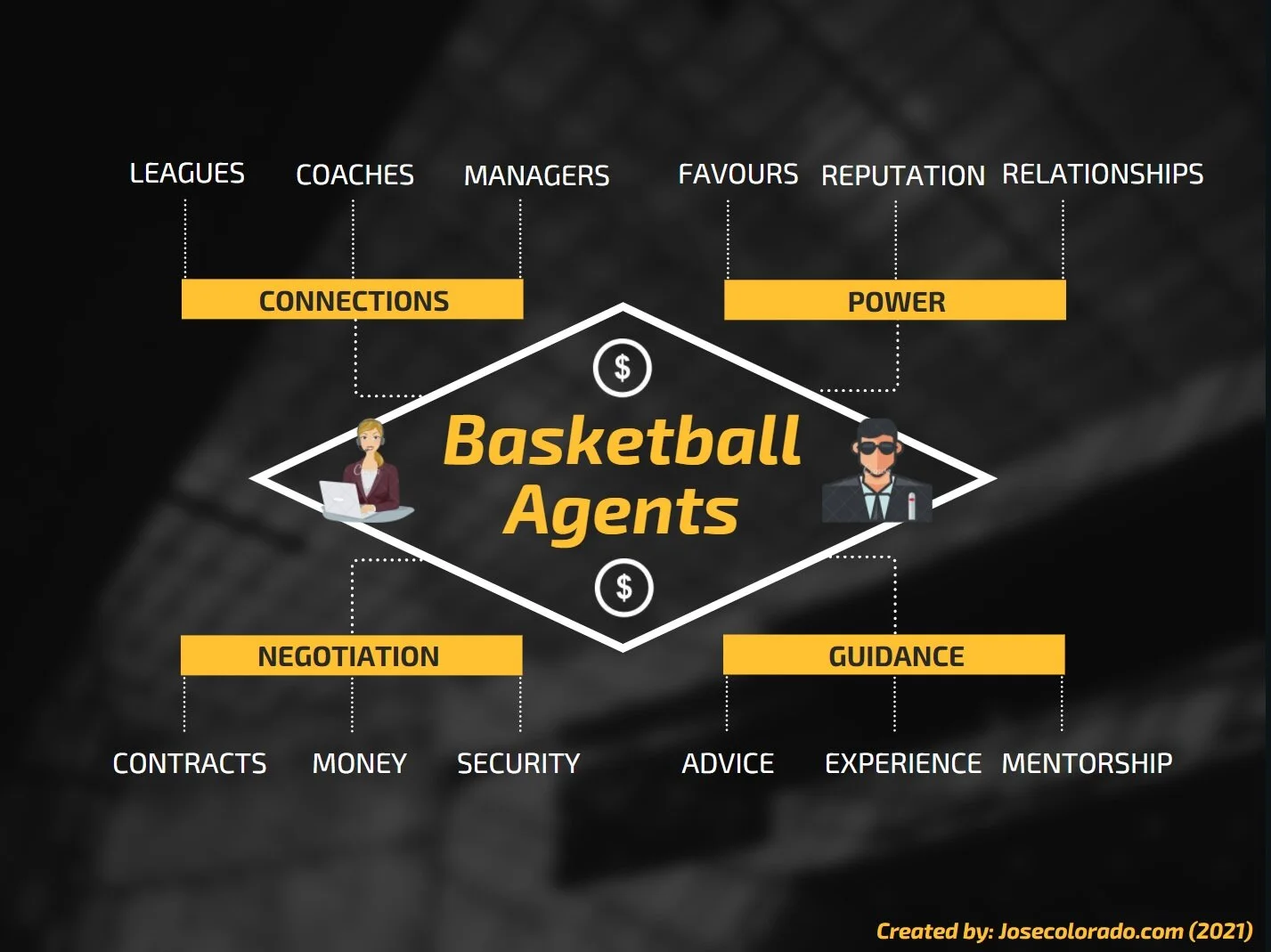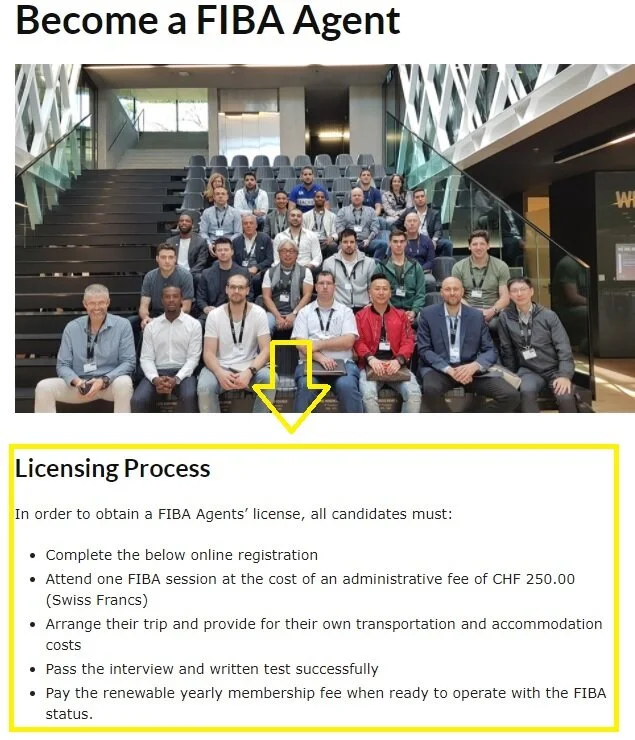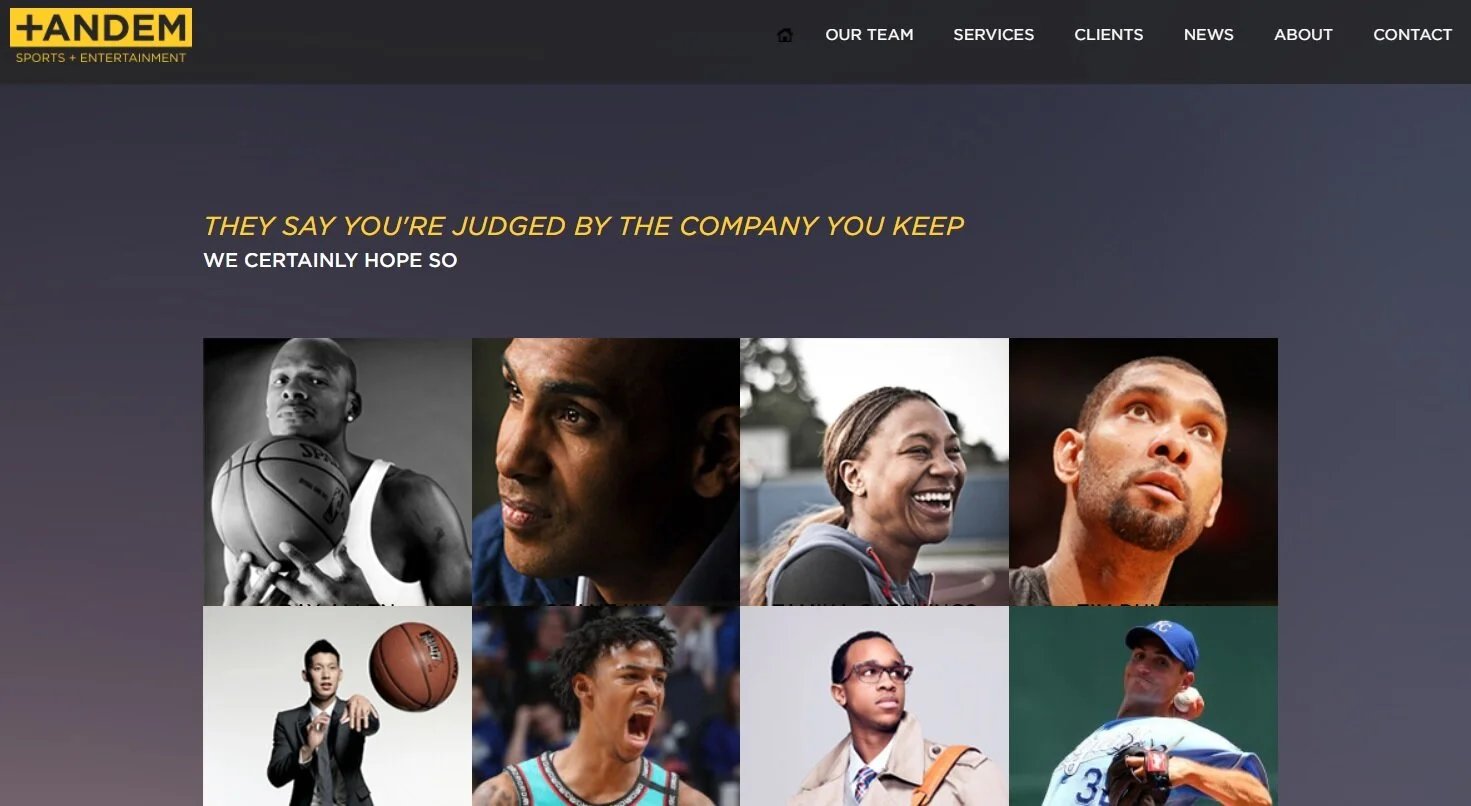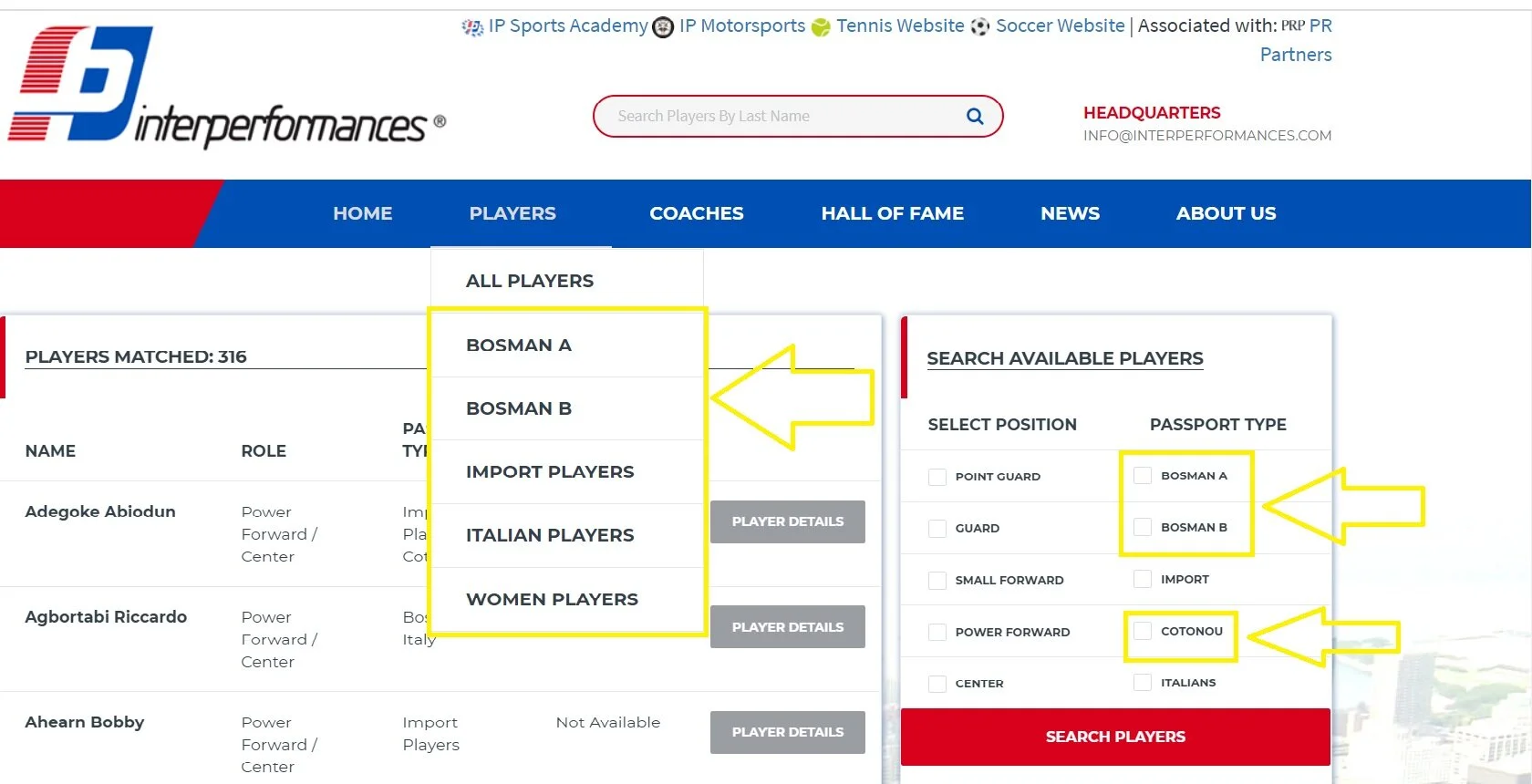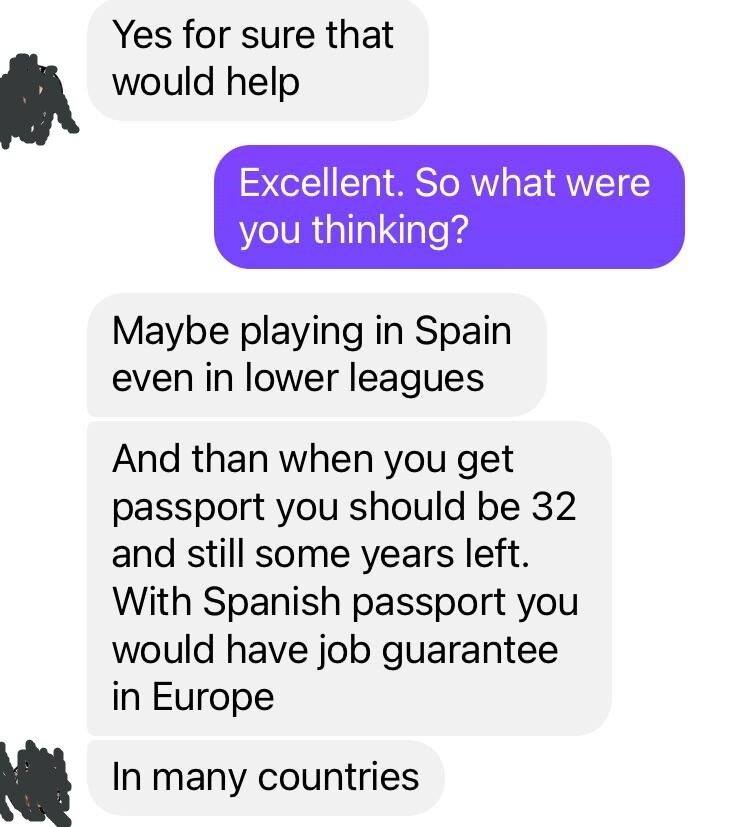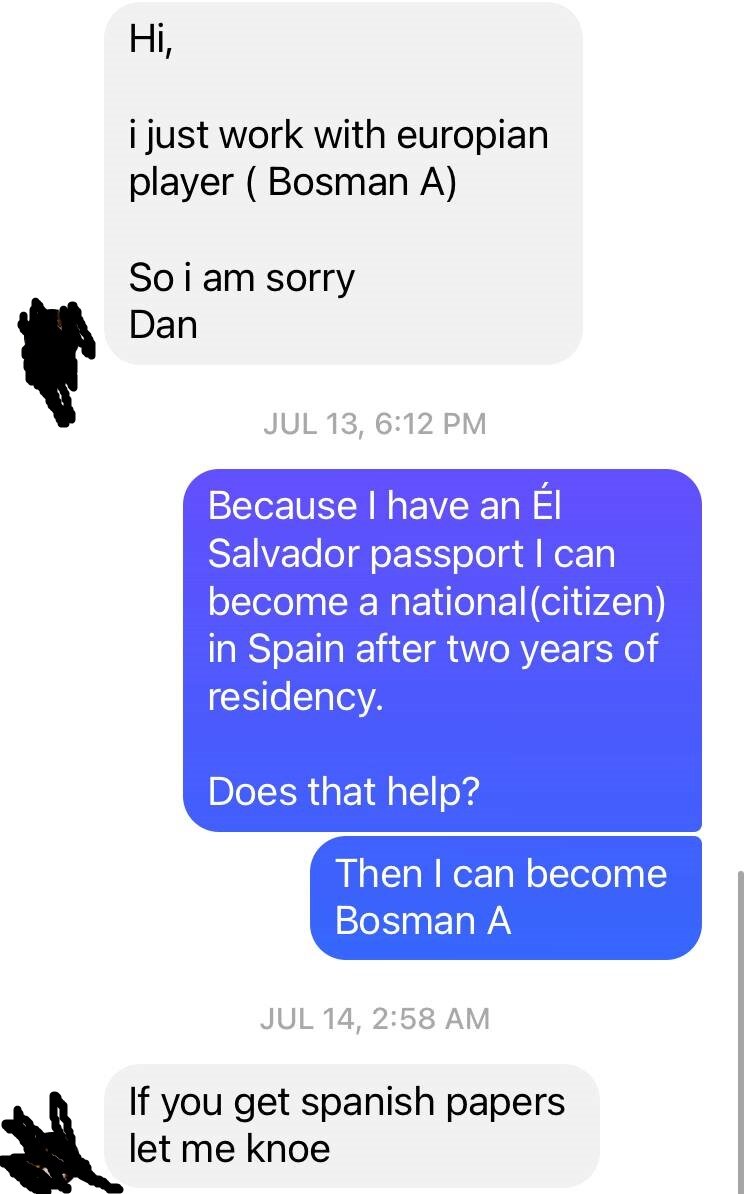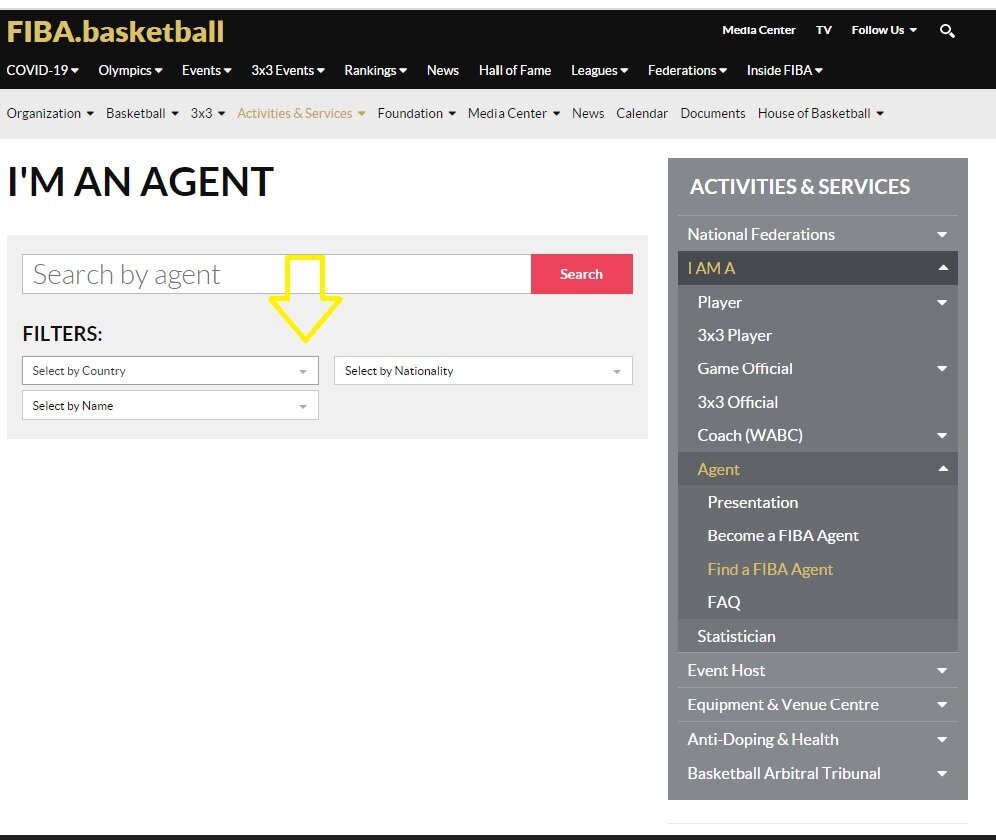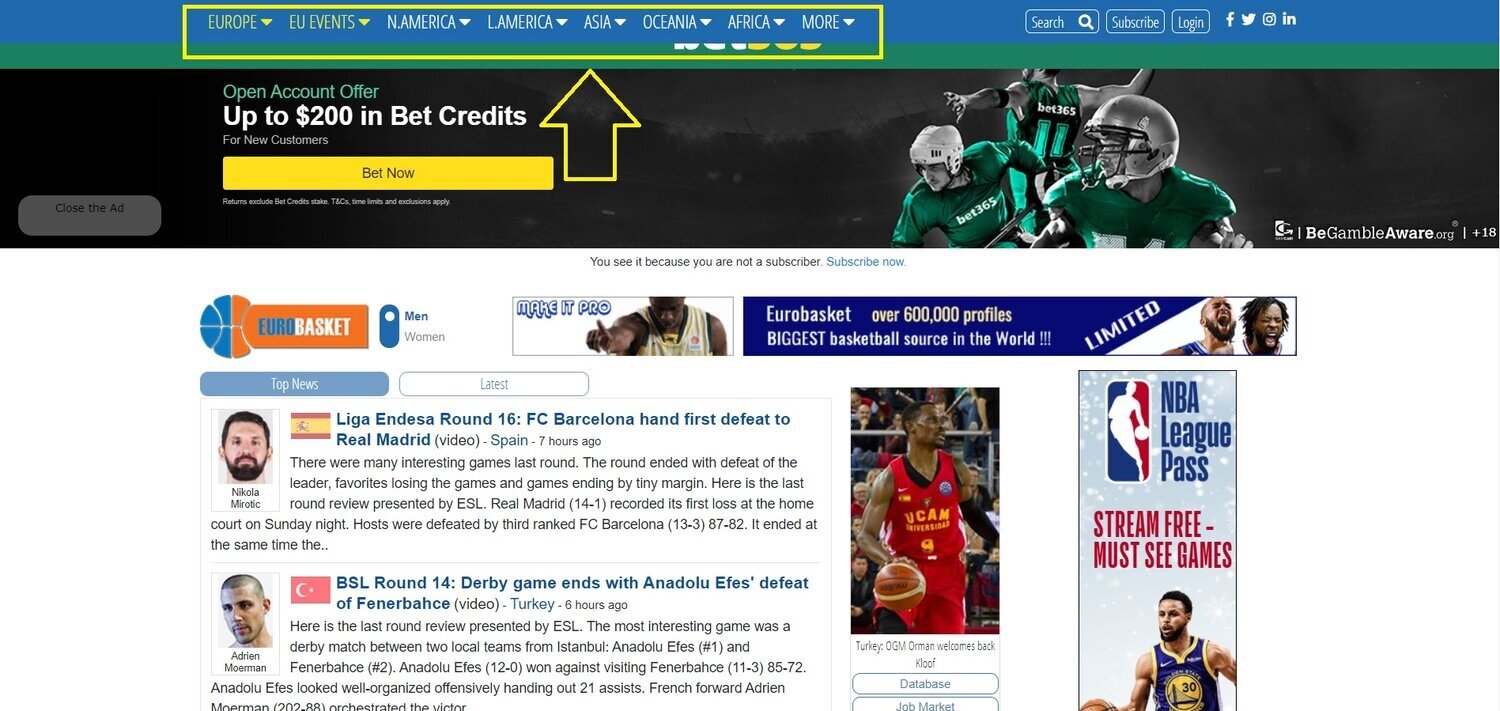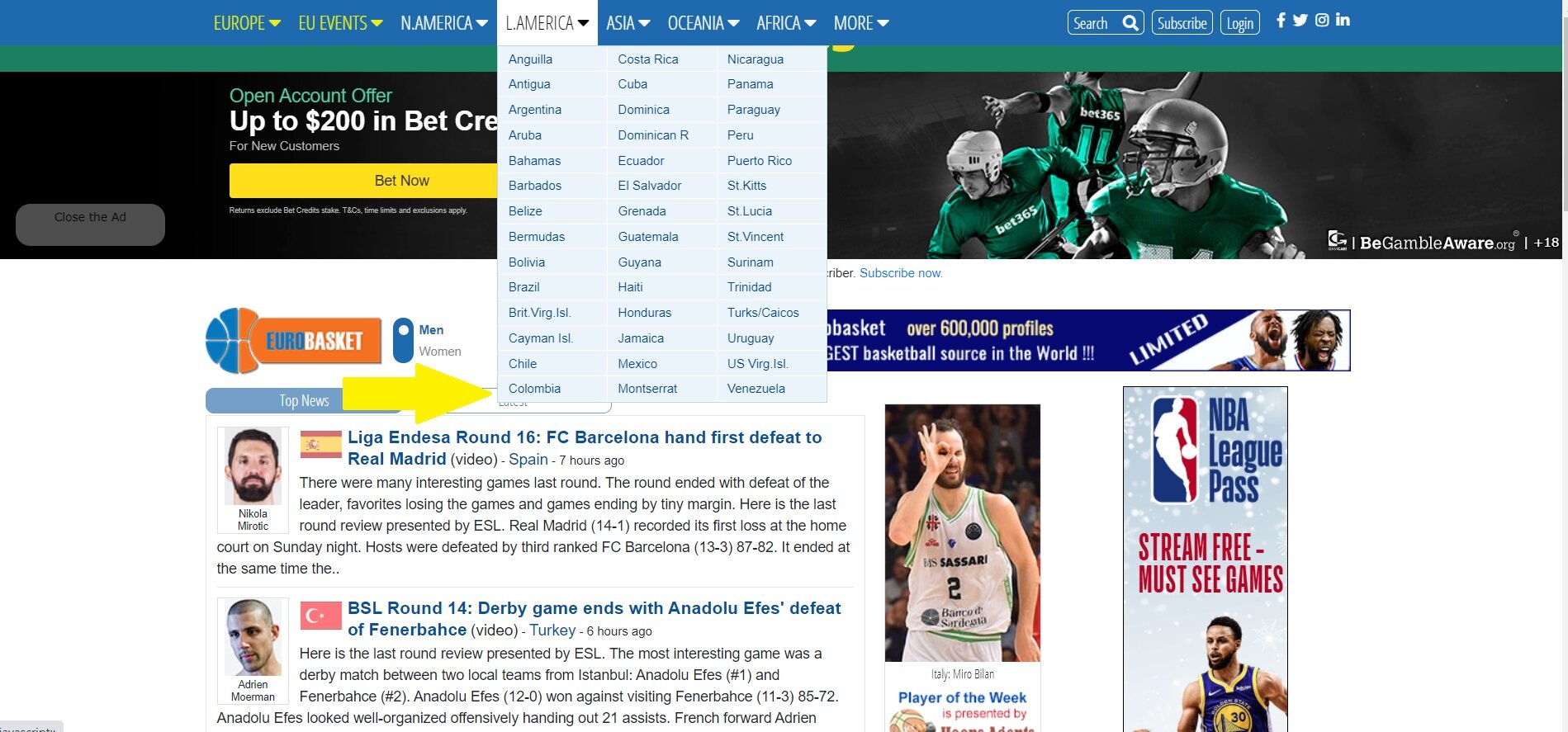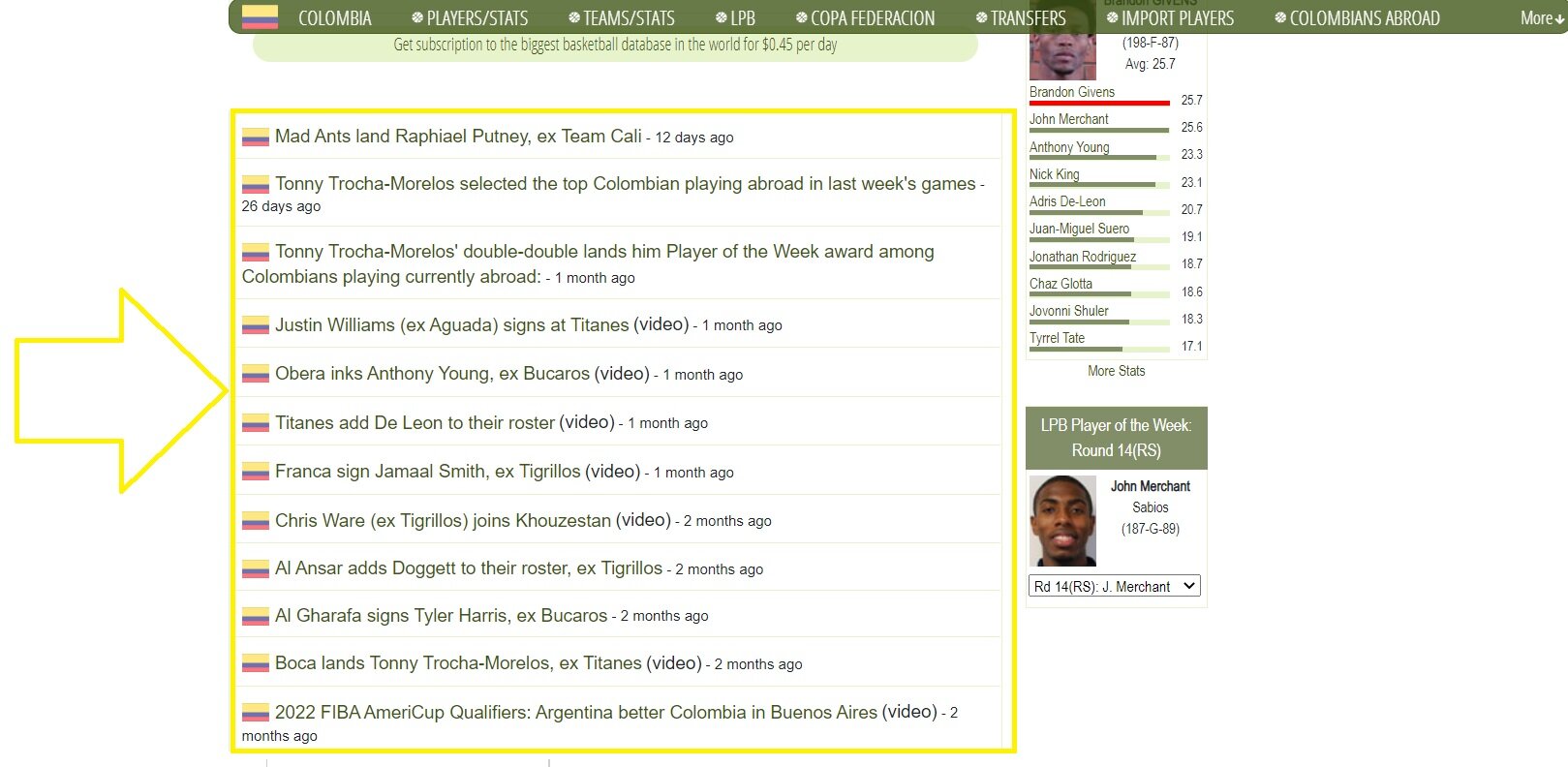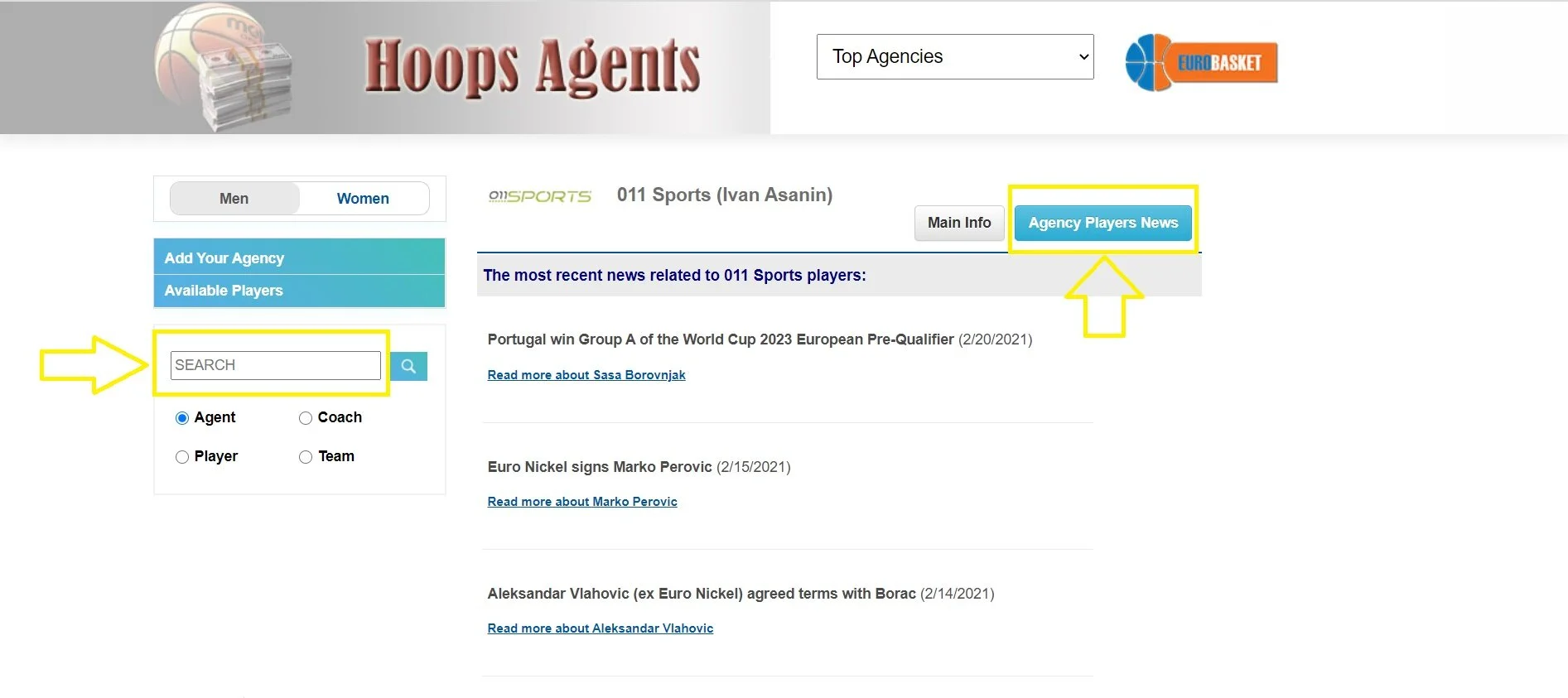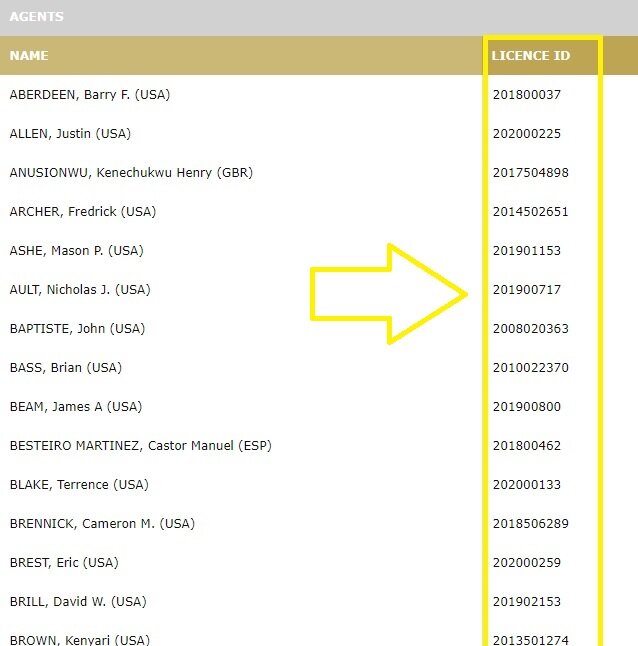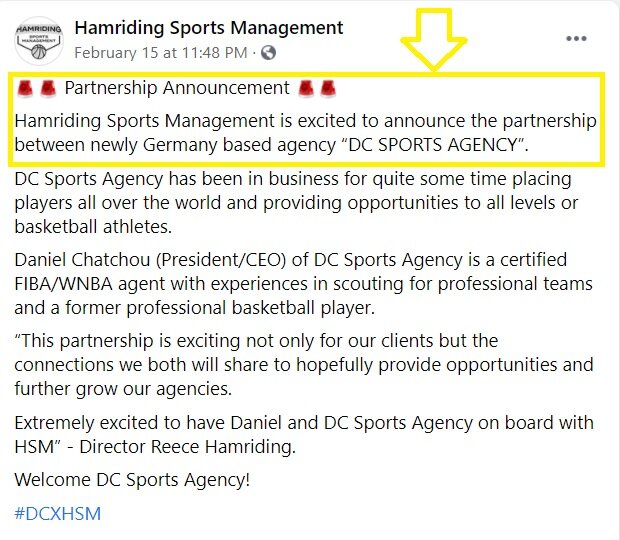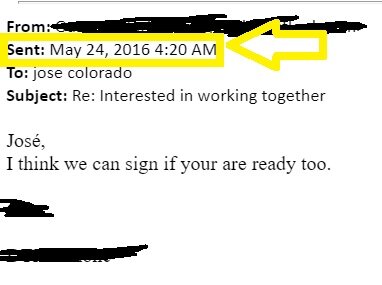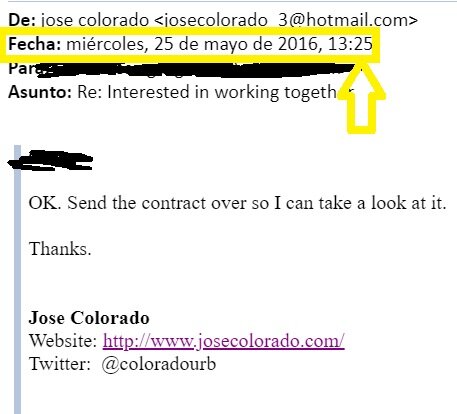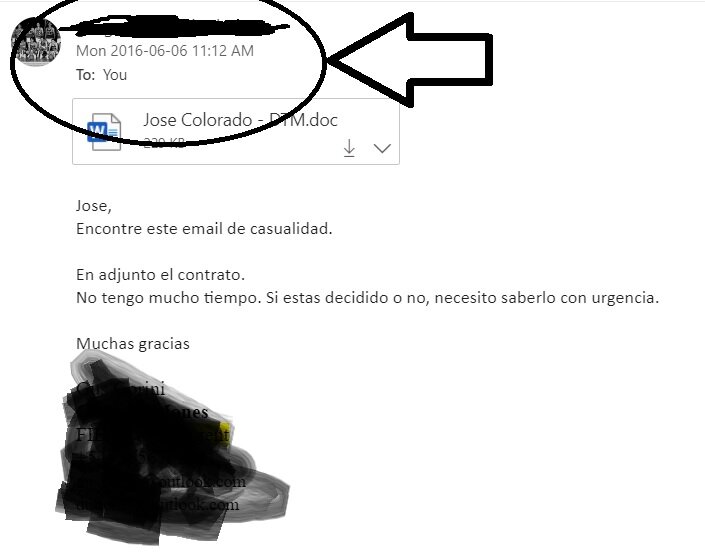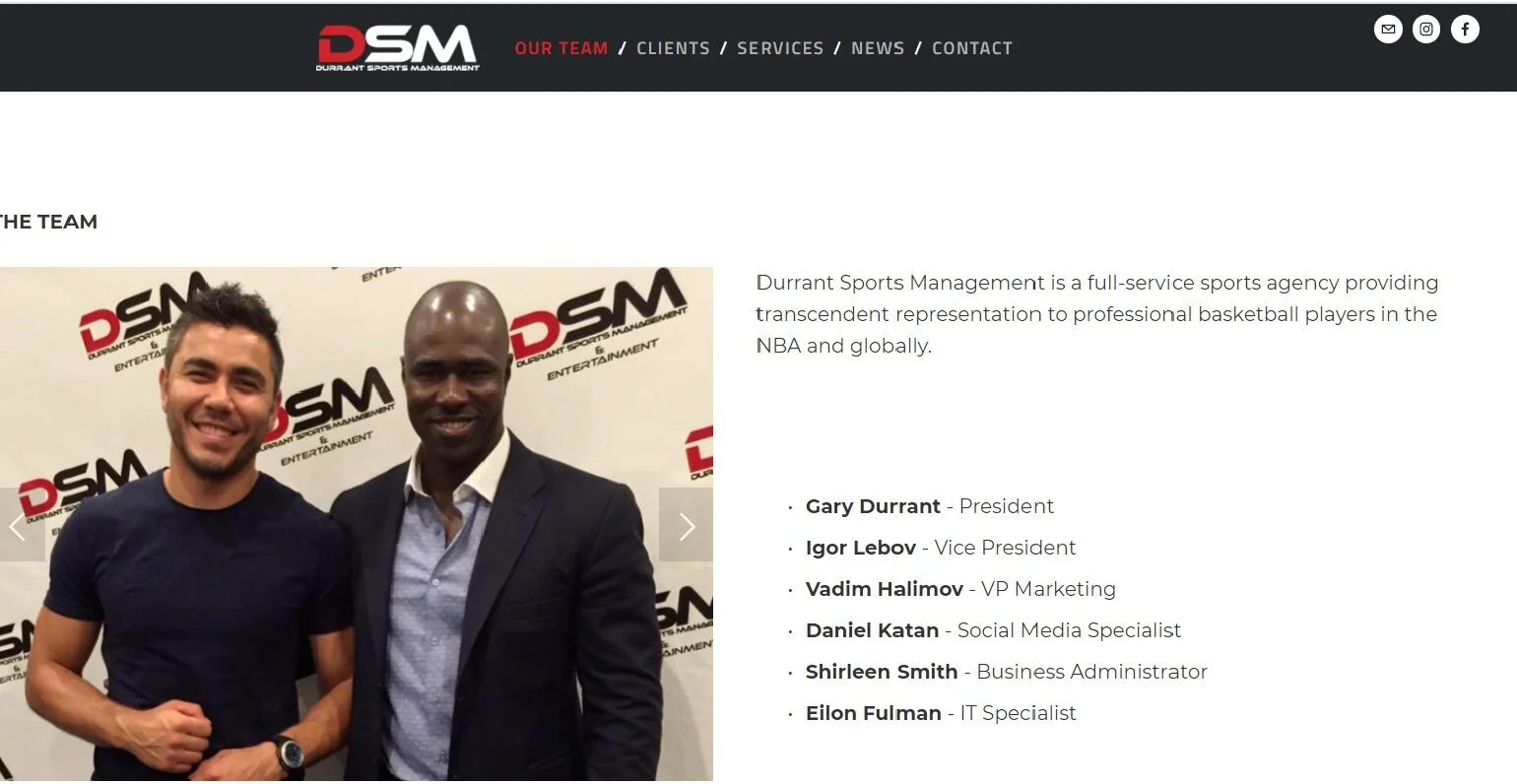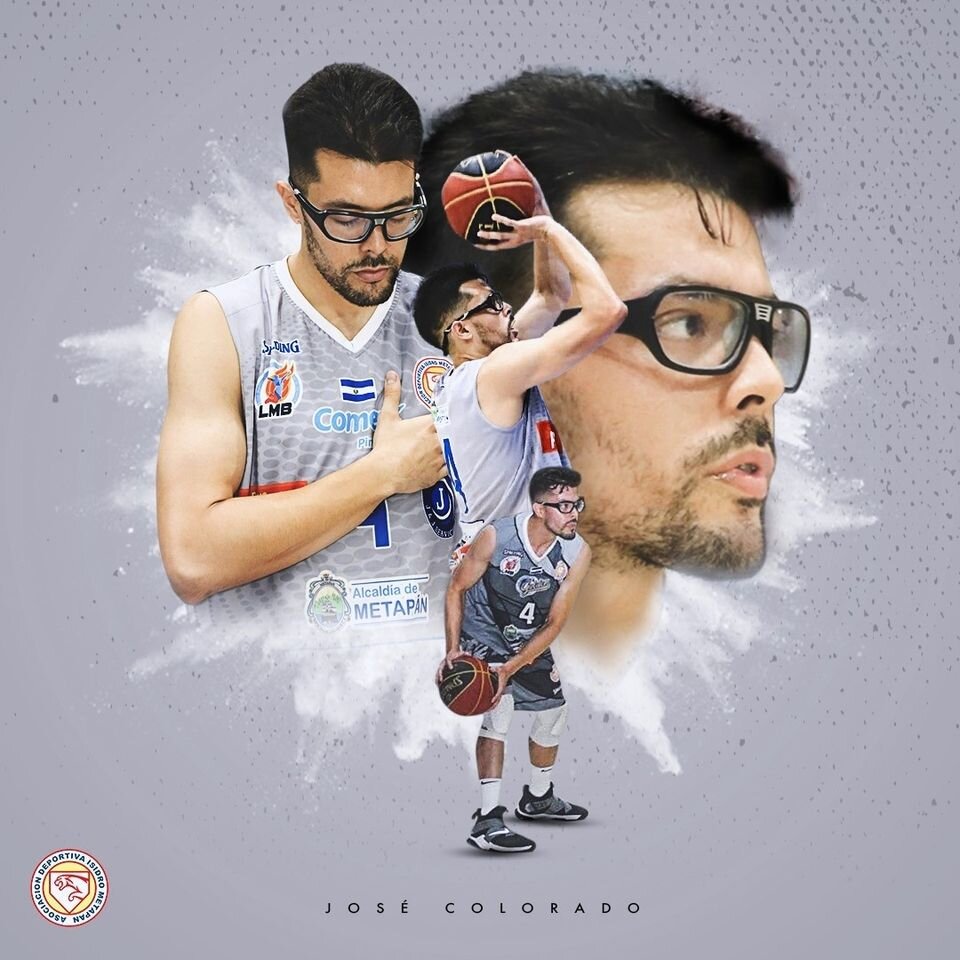Basketball Agents: 7 Questions You Need to Ask Before Signing [With Real Life Examples]
They’re connectors, builders and the gateway to many overseas professional basketball clubs and leagues.
Basketball agents can be found throughout the world.
And - if used properly - they can be one of the most powerful tools in professional basketball.
But if you’re unable to connect and sign with the right overseas basketball agent for YOU, then chances are you’ll end up disappointed and frustrated with the results.
Luckily:
By talking with:
Coaches
Players
General managers
Agents
…I’ve discovered how to not only grab an agent’s attention, but also how to make sure he/she will actually help YOU further your career.
So let’s begin.
What is a basketball agent?
First things first:
There are many misconceptions of what a basketball agent actually is and what their role is within professional basketball.
So let’s clear that up:
A basketball agent is someone who is designated to represent the best interests of a PROFESSIONAL basketball player’s career from a personal, financial and professional standpoint.
Depending on what level of professional basketball the agent is involved in (i.e. FIBA or NBA), their certification process will differ.
what does a basketball agent do?
Traditionally, basketball agents have been most known for being trusted with finding the best job opportunity available for his/her clients and then negotiating the key financial terms of that contract (e.g. length, salary, bonuses, living conditions etc.)
In today’s game though, basketball agents’ roles have evolved as many now act as mentors/trainers to their clients while also seeking out additional financial opportunities such as sponsorships.
Very important to note:
Just because a basketball agent is certified DOES NOT mean he/she is well-connected or can even help your career.
In fact:
Basically anyone can obtain the FIBA or NBA certification.
All they have to do is:
Pass the agent test (different depending on level)
Pay the yearly membership
Not get disbarred
…and you’re an agent.
That means - in theory - your local McDonald’s worker could:
Quit flipping burgers tomorrow
Study for the test
Pass the test
Be eligible to represent players in less than a year’s time
Now:
Would that agent have:
Connections
Reputation
Negotiation skills
Understanding of the market
….obviously not if he/she is completely new to overseas basketball.
In other words then:
You have to find an agent who is best suited for YOUR skill level and situation.
Don’t get tricked into thinking signing with any agent out there will get you a job.
The certification process to become a FIBA basketball agent is quite simple.
Photo credit: fiba.basketball
How to get a basketball agent
To sign with a useful basketball agent you have to align yourself with someone who has a proven track record of helping players specifically with your skill level, nationality and experience.
For that:
I’ve developed the 7 QUESTIONS YOU NEED TO ASK BEFORE SIGNING WITH A BASKETBALL AGENT.
What level of player does the basketball agent work with?
Basketball agencies often will focus on certain types of players and skill levels.
Photo credit: Tandemse.com
When looking for a basketball agent the first - and most relevant - consideration is skill level. You must align your search with an agent who deals with players of a similar skill or experience level as you.
Otherwise, your search will be completely pointless.
So if you’re an NAIA graduate and you’re spending your evenings sending out emails to NBA superstar agents, then I think you can guess where that’s going (nowhere!).
Instead:
Humble yourself.
When you come across an agency, search up their current clients by looking through their:
Website
Social media accounts
Online testimonials
Third-party websites listing agents (FIBA, Hoopsagent, Eurobasket)
Search for key similarities between you and their clients such as:
Gender (i.e. is it only for females, males or both?)
Age (e.g. some agents only want established older guys, some want rookies)
College experience (e.g. Are the clients only NCAA D1 graduates?)
Professional experience (i.e. at what level are the clients playing professionally?)
Language (i.e. does the agency speak English?)
2. Does the basketball agent work with players of certain nationalities only?
Some basketball agencies recruit players with certain nationalities.
Photo credit: Interperformances.com
Along similar lines, some agents will only work with players of certain nationalities/passport types regardless of skill level.
In particular, this is most relevant in Europe. Many basketball agents will actively look to sign Bosman A and Bosman B players to their agency as there is an increased job probability for these players in these regions.
As outlined in many other posts, having certain passports/nationalities can grant you “national status” in multiple countries.
This makes you much more attractive to not only potential agents but also clubs since there is a cap on how many foreign-born players are allowed per team.
Lately:
I’ve been exploring a loop hole to getting my Spanish passport - something that would grant me national status throughout the European Union.
And as soon as I mentioned this to potential agents, the responses suddenly became much more favorably.
Remember:
When agents are specifically focused on one type of player-nationality then they will have a distinct advantage in knowing:
Roster regulations/allowance for that nationality in the region (always changing)
Established ties to that country’s/region’s pro leagues
Process of getting important passport
Connections for getting a relevant passport
I’ve known multiple agents who have literally paid for the ENTIRE PROCESS of nationalizing a player.
Why?
They know how powerful passports can be to getting your start in overseas basketball.
So:
If you see an agent who only deals with one specific nationality or region - and you are from that region or have a right to a passport (bloodline, birth) from there - then seek them out!
Overseas Basketball Agents
If you don’t know WHERE to start looking for overseas basketball agents then here are 3 great starting points that can get ANYONE started.
FIBA - FIND A BASKETBALL AGENT
Photo credit: Fiba.com
As the official governing body of overseas basketball, FIBA does an excellent job of listing all of its certified FIBA agents on its website.
This would be my first recommendation.
The steps are simple:
Head over to fiba.basketball/find-basketball-agent
Enter a country, nationality or name from the drop-down menu
Click on your desired agent
Contact them
EUROBASKET - FIND AN AGENT
Photo credit: Eurobasket.com
Eurobasket.com is another great starting point to find basketball agents as it is regularly updated on all overseas basketball happenings throughout the world.
While it doesn’t have a section specifically dedicated to agents, it is still very easy to find agencies through this website:
Head to Eurobasket.com
Hover over one of the continent tabs at the top of the page
Click a country
Read/click on the news on the home page of that country
Look for what agency players are signed to in the excerpts (image above)
Google and contact those agencies if they’re a good fit for you
I wrote an article detailing how to use Eurobasket - one of the most powerful and FREE resources out there. So head over there if you are looking for a more in-depth understanding of the platform.
HOOPSAGENT - FIND AN AGENT
Hoopsagent.com is another website entirely dedicated to connecting players, teams and coaches. It’s affiliated with Eurobasket.
The issue I’ve found with this system is unless you know specifically what agent/agency you are seeking, the navigation system is essentially useless.
And if an agent is not registered in THEIR database (not necessarily FIBA’s) then they won’t appear in the search.
3. is the basketball agent legally certified?
All FIBA-certified agents will have a license ID.
Photo credit: Fiba.com
While yes, certification doesn’t guarantee an agent will be ethical, there will at least be some form of checks and balances if they’re not.
That’s because FIBA-certified agents can have their license:
Revoked
Suspended
Disbarred
…if they act out of line.
do sports agents have to go to law school?
But remember, because there is no requirement for sports agents to go to law school or be a practicing lawyer (although they can be), then their sports certification is the only asset they serve to lose if they act unethical in the sports world (unless they are sued or charged criminally).
Meanwhile:
An uncertified agent - or “street agent” as they’re more commonly known as - cannot be penalized.
That’s because there are no regulations regarding these types of agents.
So in theory:
If we were to generalize which type of sport agent would be the most likely to act ethical just based on how much they could potentially lose (e.g. reputation, clients, money etc.), I’d say:
Sports agents who are also practicing lawyers
Sports agents
Street agents
Of course, this isn’t always the case.
Some of the most professional - and connected - people I’ve come across were street agents.
And some of the most corrupt I’ve seen were FIBA agents.
But the point here is to think to yourself:
WHO SERVES TO LOSE THE MOST IF THEY ACT ILLEGALLY WITH ME?
how much do basketball agents charge?
While NBA-certified agents will take a percentage directly out of the player’s contract, FIBA and overseas agents are NEVER supposed to receive payment from the player, whether that be through representing them or when a contract is finalized with a pro team.
Instead, it is the agent’s responsibility to work out a compensation plan with the team directly.
So if there is an agent asking you for an up front payment or fee, you’re either:
Dealing with a street agent
ORDealing with a crooked FIBA agent.
While on the topic of money:
ONLY FIBA-certified agents can act on your behalf before the Basketball Arbitral Tribunal (BAT) should a legal issue (e.g. payment) occur with an overseas team.
Street agents aren’t granted this privilege.
And chances are, if you play overseas basketball long enough - you will have some sort of payment issue whether that is:
Late Payment
Mispayment
No payment at all
This has occurred to me on multiple occasions so this definitely comes in handy.
But one key thing to remember:
If you are in the lower pay grade then chances are the BAT will serve little purpose.
The hassle of getting a case before BAT is often too much money, energy and time for many players to even bother for the little money they’d recoup.
4. Where is the basketball agent located?
A basketball agent’s location can be a HUGE factor in determining their influence, connections and reputation with clubs, managers, scouts and coaches across the world.
When an agent is physically present and active where professional basketball is actually being played, then they are able to do:
Build a personal relationship with managers, coaches, players
Conduct face-to-face meetings with Presidents, GMs
Promote players directly to clubs
Scout/watch games in-person
Understand when leagues are running and when teams are looking for players (signing periods)
Conduct player searches for teams
Fill emergency/immediate job openings
Speak the language
…etc.
This all equals a huge advantage over someone who is across the world looking to send players overseas.
If an agent is there everyday interacting with teams then there is a certain level of familiarity and trust that is developed over the years.
So if you are looking to play in Spain, then I would consider signing with a Spanish agent.
Same goes for someone looking to hoop in Japan, Uruguay, Australia etc.
Quite frankly:
There are MANY agents who are contacting overseas teams the same way you are - through social media, Eurobasket and word of mouth.
At that point:
Why not just do it yourself and have complete control? (That is, unless that agency has some serious pull)
Another important thing to consider:
AGENTS CAN’T BE EVERYWHERE.
That’s why it’s not uncommon for many agencies to work together in different regions.
Consider the example below:
Basketball agencies often partner up to increase their connections in overseas basketball.
Photo credit: Hamriding Sports Management
Hamriding Sports Management is an Australian-based agency who recruits mid-low major NCAA (D1/D2) players.
Now:
Hamriding likely knows these are the type of players typically recruited to German’s Pro B/Regionalliga divisions.
It wouldn’t be unfair to assume that Hamriding may be struggling to convince clubs in the region to take on their players due to unfamiliarity with clubs, language barrier etc.
So instead of trying to force it, they partnered up with German-based DC Sports Agency to help get these same players placed in the country.
And because the German club owners and coaches (in theory) know this German agency well, they will be more likely to consider their recommendations.
So in the end, both Hamriding and DC Sports win.
If your agent isn’t based in where you want to play, then find out how many “tentacles” they have in the world and where.
5. How many players does the basketball agent currently have?
I once had an offer to sign with a respectable Argentinian agency.
The only problem was from the time I sent my second and third email, nearly two weeks had passed.
I knew I was on the bottom of the totem pole.
I knew I’d be getting little attention.
So I declined the offer.
When seeking out basketball representation it’s important you consider how many clients your agent/agency is currently serving as too many could be a sign of less attention, energy and time devoted to YOUR career.
And while there is no magic number for how many players an AGENT should sign, anecdotally the sweet spot seems to be between 10-15 clients per agent.
Pay attention to that last part:
10-15 CLIENTS PER AGENT.
That means if there are 5 agents on board, the MAXIMUM amount of players they could handle is roughly 75.
There’s only so many hours in the day.
So decisions on priorities have to be made.
Agents are no different.
Just ask yourself this:
If you were him/her, would you spend the majority of your day looking for a contract for your biggest earner or your smallest earner?
Where do YOU fit on the totem pole?
6. is the basketball agent a former player/coach?
Many basketball agents are former players, allowing for better connections worldwide.
Photo credit: Durantsports.com
If you’re worried about what potential connections your basketball agent may have then always consider their past experiences as a professional player and coach. When and where did they play or coach?
Chances are if they, themselves, were in overseas basketball then they’ll know how the industry works but, more importantly, they’ll know clubs and managers throughout the world.
Now:
That isn’t to say that an agent who has never played or coached overseas can’t be well-connected.
But it’s much more likely this type of agent will spend years to gain the trust and connections that a former player will have right off the bat.
7. Is being a Basketball agent their fulL- or part-time job?
Much like overseas basketball players, one of the biggest misconceptions for basketball agents is, generally, people view it as a full-time occupation. And while that may be the case for some, many agents aren’t only devoted to basketball.
Instead:
Often, the majority of basketball agents will wear multiple hats at the same time.
Being a basketball agent is just one piece of the puzzle for them.
For instance:
I worked with a well-established agent in Toronto who didn’t even consider himself a basketball agent.
He’d always tell me he was a “broker.”
He brokered deals in:
Real estate
Media & Entertainment
Sponsorship deals
Pro basketball coaching contracts
Pro basketball player contracts
As you can guess, with my low to mid-level salary at the time, he had little time to dedicate to me.
For that reason you have to ask yourself,
HOW MUCH TIME WILL YOUR AGENT BE DEDICATING TO ACTUALLY BEING A BASKETBALL AGENT?
If being a real estate agent pays most of their bills then you can guess where he/she will be devoting most of their time.
Are they fully committed to the profession or is this some sort of Jerry Maguire fantasy they are playing out for hobby?
A few signs you’re dealing with an UNSERIOUS AGENT:
No professional website
No personalized business email (they use Yahoo, Gmail or Outlook)
No updated social media outlets
How much do basketball agents make?
The highest-paid basketball agents will always be found in the NBA with some of the highest-earners totaling over $100million in net worth according to a report by International Business Times.
But that is the extreme, it is not uncommon for basketball agents in the lower-levels of professional basketball to be earning no more than a few hundred dollars a year to begin.
So look into this beforehand to see where their earning bracket could potentially land.
CONCLUSION
So there it is.
If - and that is a big if - you can align yourself with a basketball agent who has actual influence and who suits your needs as a professional player, then you’ve unlocked one of the most powerful ways to excel in overseas basketball.
Good overseas agents can take your career to the next level but before signing with one, make sure they are the right fit with going through these 7 questions.
Are you signed with a basketball agent?
How has your experience been?
I’d love to hear about it in the comment section below!
Jose Colorado is a 6-year professional basketball player helping others achieve their dreams of pro basketball with a proven and tested approach to overseas basketball.
READ MORE
